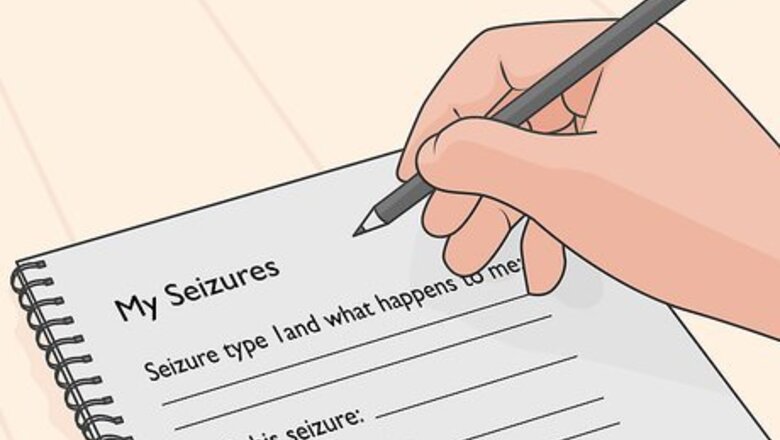
views
X
Trustworthy Source
PubMed Central
Journal archive from the U.S. National Institutes of Health
Go to source
However, they can complement your treatment, make you have less seizures, and potentially help you get off your medication if your doctor approves.
Finding and Avoiding Common Seizure Triggers
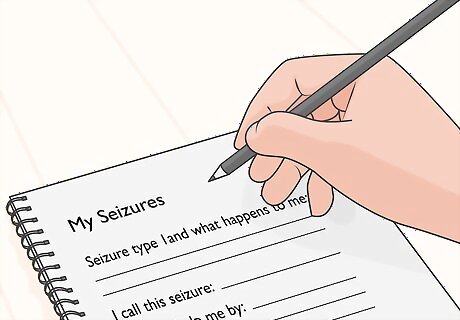
Keep a record of your seizures to determine the trigger. Since triggers are personal to each person, you might have to figure out what causes your seizures. Keep a record and try to determine what you were doing right before you seizures to lock down your specific triggers. Try taking this record to the doctor with you. If you can’t see a pattern, the doctor might be able to.
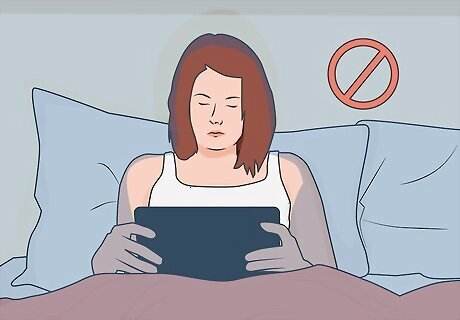
Protect yourself from flashing or flickering lights. Although this trigger isn’t as common as some people believe, flickering lights can cause seizures in some epilepsy cases. Avoid games, TV shows, or venues that have flashing or strobe lights.
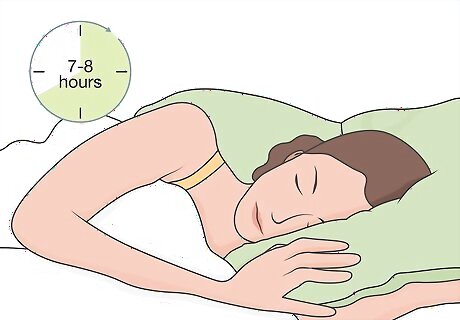
Sleep for 7-8 hours every night. Fatigue is a common seizure trigger, so do your best to get a full night’s sleep. Go to bed early enough to stay in bed for 7-8 hours each night.

Develop good stress-reduction habits. People with epilepsy are more susceptible to seizures when they feel stressed, so develop some good relaxation techniques. Try meditating, yoga, or deep breathing exercises to calm yourself down when you’re feeling overwhelmed. Enjoyable activities are good for fighting stress as well. Take some time each day and do what you like.
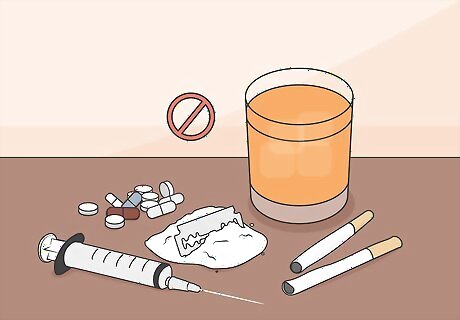
Avoid alcohol, tobacco, and drugs. Epilepsy is a stressful condition and you might be tempted to manage your anxiety with substances. This is a harmful habit, however, because all these substances can trigger seizures. It’s best to quit smoking, avoid all illegal drugs, and keep your drinking to a minimum.
Lifestyle Changes that Could Help
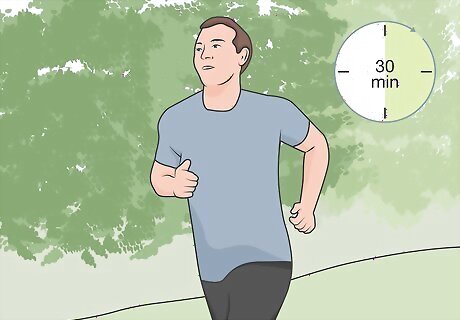
Exercise regularly to stay healthy. Getting aerobic exercise for at least 30 minutes per day may help alleviate your symptoms. Additionally, your overall health will improve and staying active is a great way to handle the stress and anxiety that comes along with epilepsy.

Follow a balanced diet. There’s some debate over how much effect diet has on epilepsy. Still, including plenty of fresh fruits and vegetables, whole grains, and lean proteins while cutting down on processed foods is a good health choice. Don’t skip meals either. People with epilepsy often report that skipping meals can trigger their seizures.

Drink 8-10 glasses of water per day. Dehydration is a potential seizure trigger because it prevents electrolytes from getting to your brain. Stay hydrated by drinking at least 8-10 glasses of water every day. This amount of water is only a guideline. Increase it if you’re exercising or live in a hot climate.
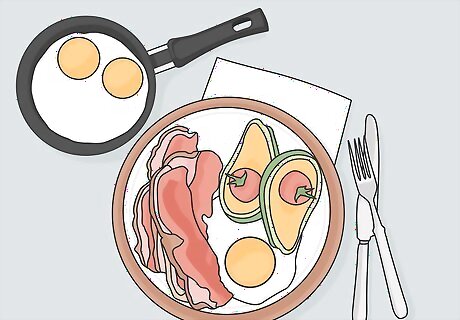
Try a keto diet. There’s some evidence that this specialized diet, which almost entirely cuts out carbohydrates, is an effective epilepsy treatment for children. It’s a very restrictive and difficult diet, however, so only start it after consulting your doctor.
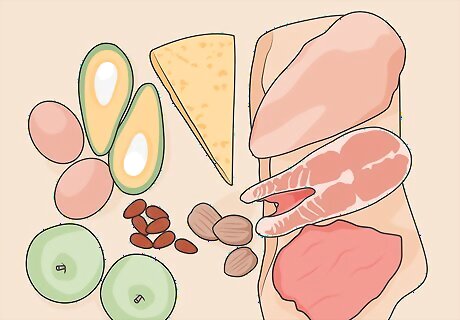
Follow the Atkins diet for a less restrictive substitute. The Atkins diet is similar to the keto diet, but easier to follow. It consists of a high-fat, low-carb regimen that might alleviate epilepsy symptoms. A high-fat diet could cause cardiovascular and weight problems, so don’t follow this diet unless your doctor approves.
Unsubstantiated Herbal Treatments
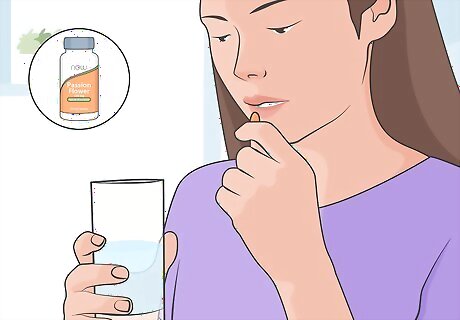
Take passionflower supplements. Passionflower is a common treatment for depression and other mood disorders. It could have some benefit for epilepsy as well. If passionflower doesn’t directly treat your epilepsy, it might still improve your mood and reduce your stress. These effects have definite health benefits.
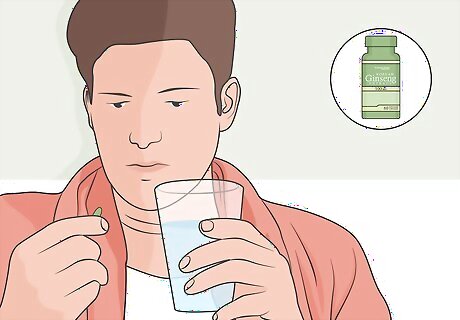
Use ginseng extract and see if it helps. Animal studies show that ginseng extract helps reduce seizure frequency, but human trials are limited.
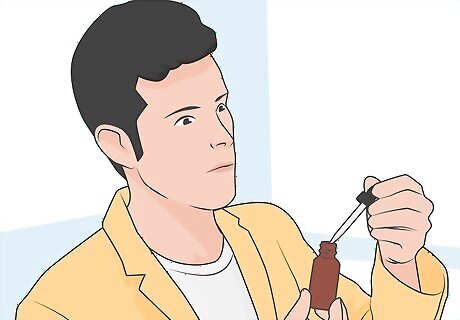
Try CBD products if they’re legal in your area. Cannabidiol, or CBD, is an extract from marijuana and hemp plants. It’s used in some anti-seizure medications. Use caution, however, because CBD products are illegal in some areas.
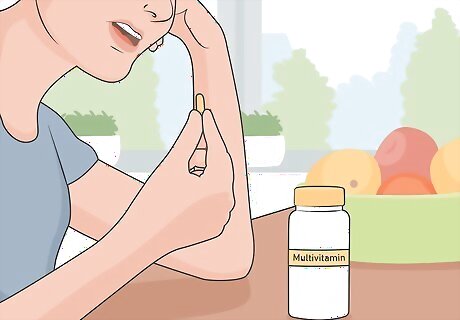
Take a vitamin supplement if you have a nutrient deficiency. Vitamin and mineral deficiencies can inhibit brain function and trigger seizures. If you aren’t getting enough nutrients from your diet, then a vitamin supplement could improve your symptoms. Most people get enough nutrients from their regular diet, so you won’t see much benefit from taking these supplements unless your doctor discovers that you do have a deficiency.












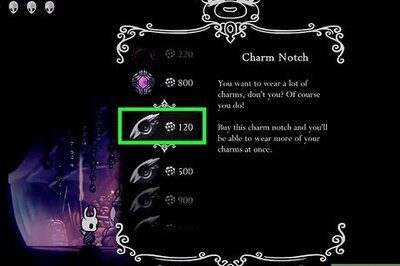
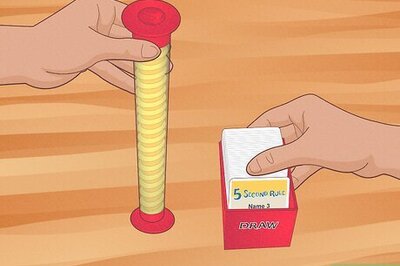
Comments
0 comment